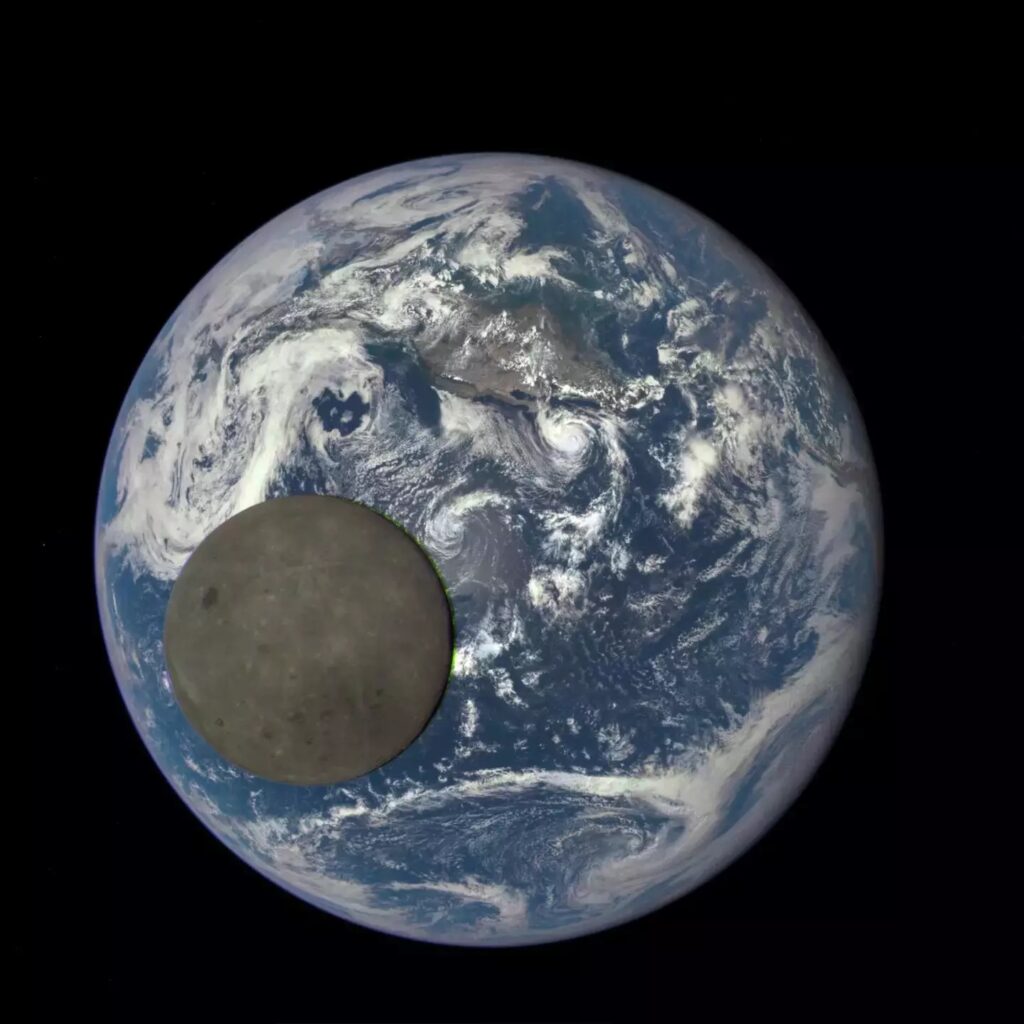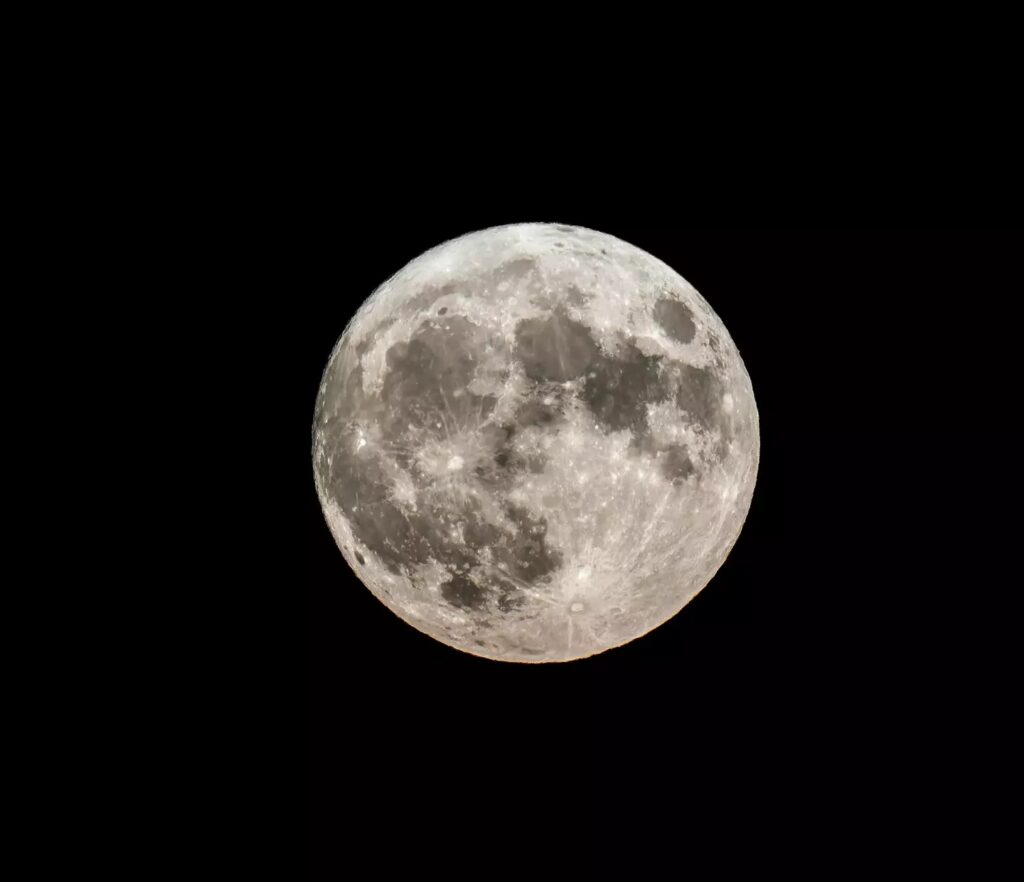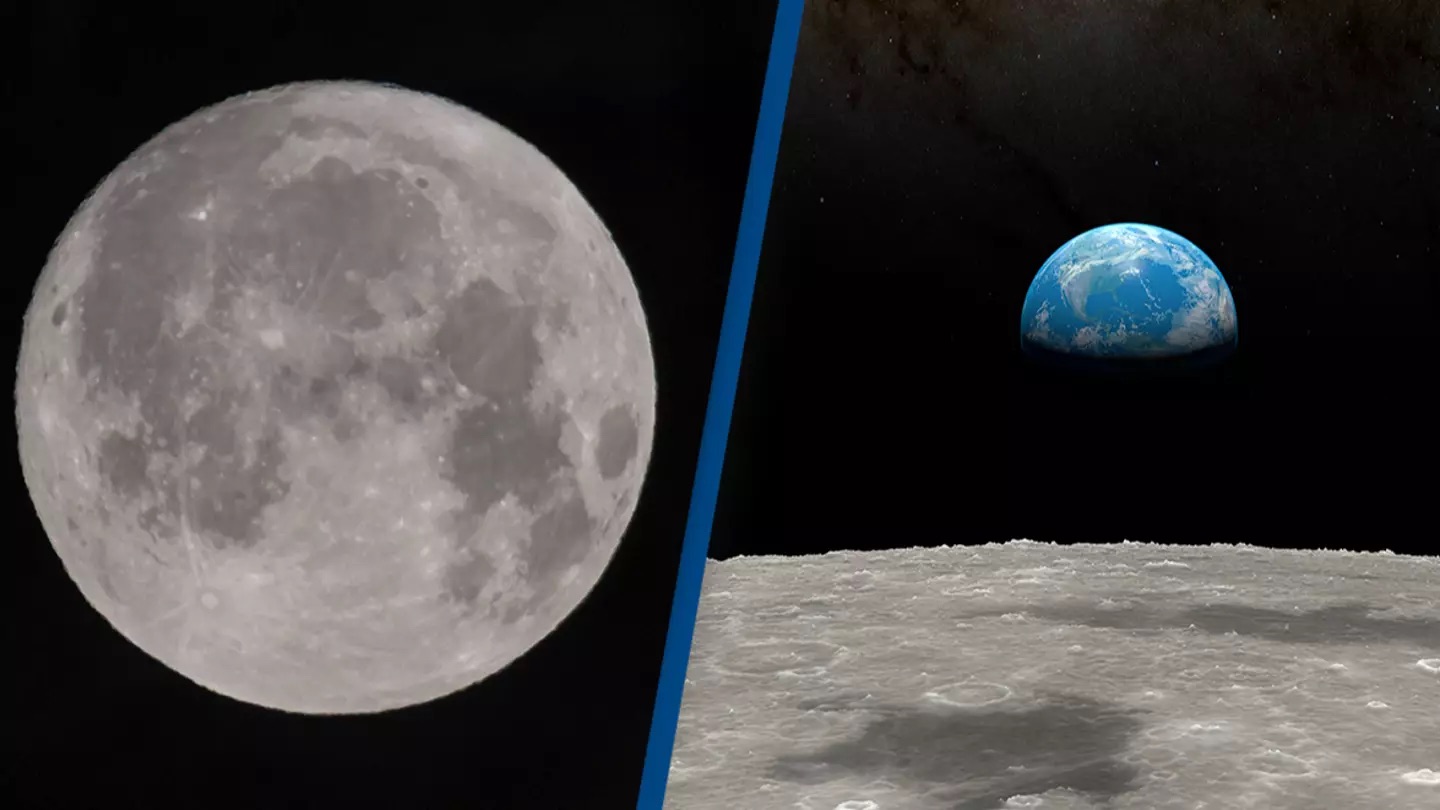It might seem inconsequential that the Moon is gradually moving away from Earth, but this is not the case. Many of us mistakenly believe that the Moon’s distance from Earth is unchanging, solely due to gravity. This concept might bring back memories of high school science classes.
However, recent research has revealed a weakening gravitational bond between Earth and the Moon. The reason behind this phenomenon is that as the Moon recedes, Earth’s rotation is slowing down, which significantly affects our perception of time.
This slow separation has led to an increase in the length of Earth’s days. Scientists estimate that a day on Earth was only 18 hours long approximately 1.4 billion years ago.

“As the Moon moves away from Earth, the planet slows down in a manner similar to a figure skater extending their arms,” explained Professor Stephen Meyers of the University of Wisconsin-Madison, co-author of the study. He added, “Our goal was to use Astrochronology to establish timelines for the distant past and create ancient geological time scales. We aim to analyze billion-year-old rocks with the same precision as we study current geological processes.”

Astrochronology involves correlating astronomical theories with geological data. In 2022, Professor Meyers and his team investigated Earth’s historical timeline to reconstruct a model of the ancient solar system. By examining sediments from a 90 million-year-old rock formation, the researchers reportedly uncovered evidence of Earth’s climatic cycles.
